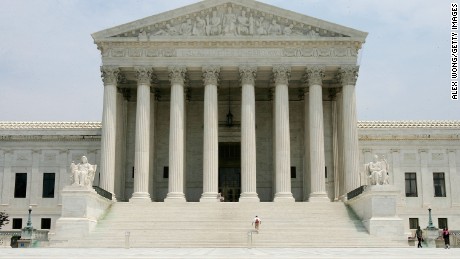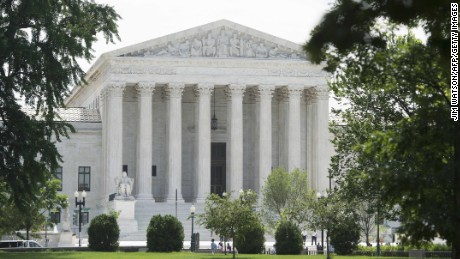Supreme Court rules Trump is not immune from New York’s subpoena but prosecutor won’t get documents for now
The cases were sent back to lower courts for further review, all but ensuring that Trump’s financial documents, which he has long sought to protect, will not be handed over before the November presidential election.
Chief Justice John Roberts penned the 7-2 opinion in the House case, and was joined by Trump’s two nominees, Justices Neil Gorsuch and Brett Kavanaugh. Justices Clarence Thomas and Samuel Alito filed dissenting opinions.
“While we certainly recognize Congress’s important interests in obtaining information through appropriate inquiries, those interests are not sufficiently powerful to justify access to the President’s personal papers when other sources could provide Congress the information it needs,” Roberts wrote in the House ruling.
“(B)urdens imposed by a congressional subpoena should be carefully scrutinized, for they stem from a rival political branch that has an ongoing relationship with the President and incentives to use subpoenas for institutional advantage.”
Roberts also wrote the 7-2 opinion in the New York prosecutor case, and was joined again by Gorsuch and Kavanaugh, both of whom penned concurring opinions. In that case, Thomas and Alito also dissented.
“(W)e cannot conclude that absolute immunity is necessary or appropriate under Article II or the Supremacy Clause. Our dissenting colleagues agree,” the chief wrote, noting that the court is unanimous that there is no absolute immunity.
This is a breaking story and will be updated.
![]()






